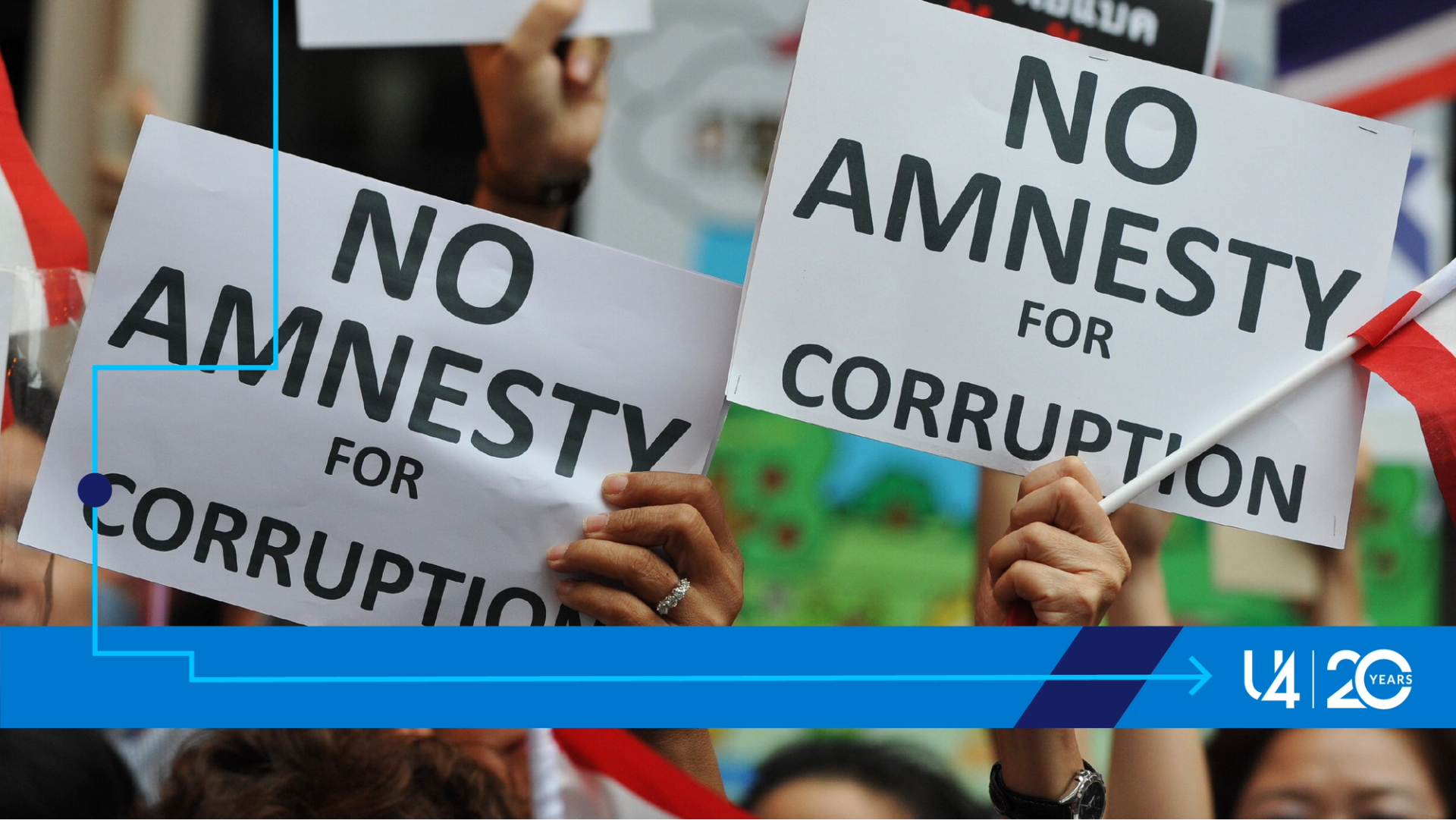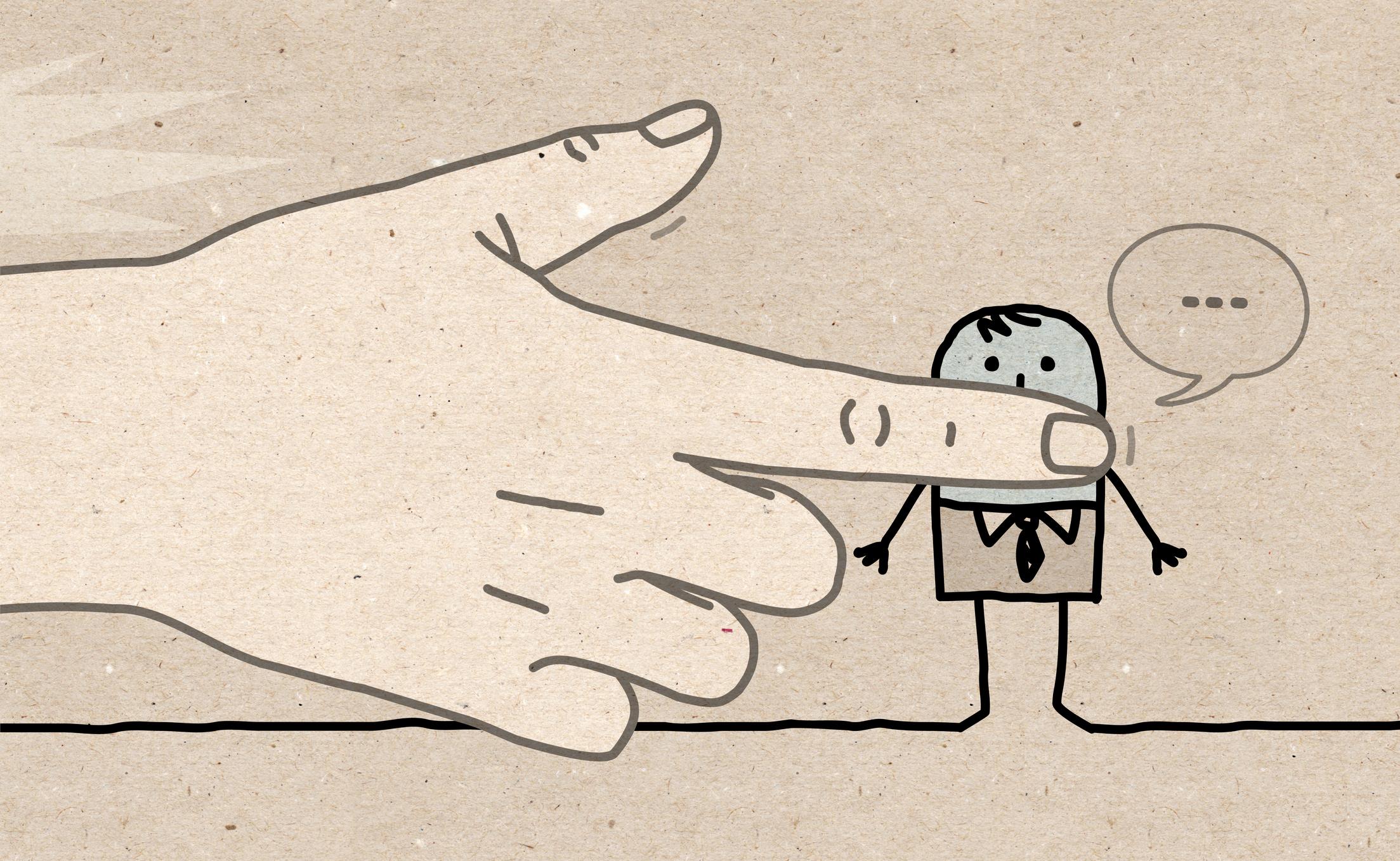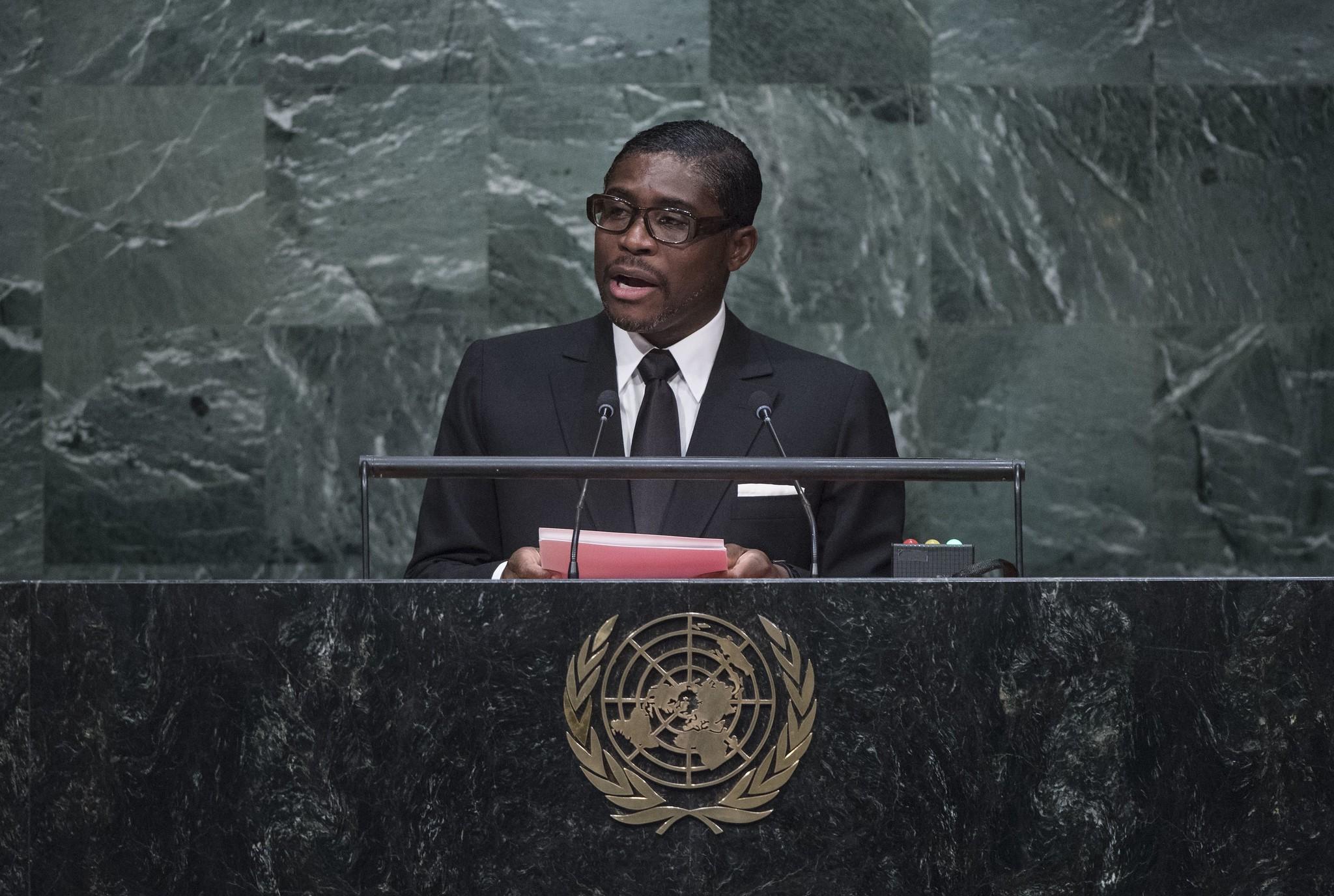Blog
Strategic litigation and its untapped potential for anti-corruption

Anniversary blog series
U4 staff and friends celebrate U4’s 20th anniversary with a blog series reflecting on developments and lessons learned in a world of ever evolving corruption challenges:
- U4 at 20: A quiet birthday at home with friends (across the world) – Peter Evans
- Specialised anti-corruption institutions: Measuring their performance and managing our expectations – Sofie Schütte
- The role of technology in anti-corruption: Dystopian reflections – Daniel Sejerøe Hausenkamph
- Strategic litigation and its untapped potential for anti-corruption – Sophie Lemaître
- The anti-corruption community should become more ‘tribal’ – David Jackson
- Corruption risk management in the aid sector: past, present, and the path ahead – Guillaume Nicaise
- Corruption is unaffordable for Latin America’s resurgent left: Democracy and lives are at stake – Aled Williams and Daniela Cepada Cuadrado
- Corruption is absent from the UN ‘World of Debt’ report – Daniela Cepada Cuadrado
- Anti-corruption games: Learning how to face corruption challenges – Guillaume Nicaise and Rachael Tufft
- a) Gender and corruption: What we’ve learned from 20 years of research (Part 1) – Ortrun Merkle and Ina Kubbe
b) Gender and corruption: Charting the course for the next 20 years (Part 2) – Ortrun Merkle and Ina Kubbe
And other blogs to come throughout 2023!
Sign up to the U4 Newsletter to get updates, or follow us on Twitter | Linkedin | Facebook.
As a legal adviser working in anti-corruption, I reflect on how legal efforts to tackle the problem have evolved over the last 20 years. Back in May 2014, just one month into my job as legal adviser and head of the Illicit Financial Flows Programme at the French NGO Sherpa, I was asked to present Sherpa’s flagship strategic litigation case on asset recovery – the Biens mal acquis (‘ill-gotten gains’) case – in the margins of the Review of Implementation of the UNCAC (United Nations Convention against Corruption) meeting. It was the first time I had heard of either the case or ‘strategic litigation’, but the importance of both was clear. (I’ll be writing another blog post soon on ‘20 years of asset recovery’).
Strategic litigation: bringing about societal change
Strategic litigation or ‘impact litigation’ is an approach undertaken by civil society organisations (CSOs) to try and deliver systemic change for all. Many NGOs mention strategic litigation on their website (eg, Amnesty International, TRIAL, Systemic Justice and Greenpeace).
Litigation is considered strategic because these organisations identify, select and bring to court specific cases targeting states, companies or public officials for violations of rights. Its aims could include one or more of the following:
- Raising awareness on a specific issue and advocating for societal change.
- Highlighting weaknesses and gaps in laws or policies, demonstrating the need for reform.
- Opening new legal avenues and testing legal provisions and instruments that could be used by others.
- Ensuring laws are correctly enforced.
- Securing remedies for violations or the harm suffered.
NGOs can either initiate the case (eg, by submitting a complaint to the prosecutor’s office) or join an ongoing investigation as a civil party. Strategic litigation can also use non-judicial pathways such as mediation, United Nations bodies and committees, or the OECD national contact points.
Shedding light on specific violations or practices is as important, if not more, as winning the case. Strategic litigation helps to overcome the inertia of public prosecutors who may not be willing to open an investigation, or who may face pressure not to investigate. CSOs joining as a civil party can help sustain or build momentum.
It can be groundbreaking, setting legal precedents and inspiring others to similar actions. For example, the Urgenda Foundation v. State of the Netherlands case opened the way for organisations in France or Norway to hold governments accountable for their climate policies.
20 years of strategic litigation for anti-corruption
Human rights, environmental and climate justice organisations commonly use strategic litigation: since 2015, over 2,000 climate litigation cases have been initiated. In contrast, such litigation is underutilised in anti-corruption, although there is a long-standing tradition by a couple of NGOs in both domestic and transnational cases.
For example, in Nigeria, the Social and Economic Rights and Accountability Project (SERAP), established in 2004, has filed multiple corruption complaints against the government. Among other successes, SERAP won its case against the government of Nigeria in the Court of Justice of the Economic Community of West African States in 2010.
In France, three NGOs – Anticor (est. 2002), Sherpa (est. 2001) and Transparency International France (est. 1995) have long experience of strategic litigation in anti-corruption in French courts. Anticor, whose mandate is to combat political corruption, has 159 ongoing legal cases as of July 2023. Sherpa and Transparency International France have been focusing on transnational corruption cases involving foreign high-ranking public officials and multinational companies. The first cases were initiated in 2008. Past and ongoing cases cover numerous countries where the corruption occurred, including Djibouti, Equatorial Guinea, Gabon, India, Lebanon, Mauritania, Republic of Congo, Russia, Togo, Syria and Uzbekistan.
In the past six years, more NGOs have begun using strategic litigation to fight corruption. For example, Public Eye, a Swiss NGO, filed a criminal complaint in Switzerland in 2017 for allegations of corruption by Glencore in the Republic of the Congo, and in 2022 following the revelations of the ‘Congo Hold-Up’ (which highlighted the possible involvement of UBS in the laundering of public funds embezzled by the inner circle of the former president of the Democratic Republic of the Congo).
Backlash around the corner
There are several reasons why the anti-corruption community has taken a more cautious approach to strategic litigation:
- Corruption often takes place behind closed doors, without witnesses. Finding evidence and building cases can be very challenging.
- NGOs must demonstrate they have ‘legal standing’: that they have the right or capacity to bring an action or to appear in a court in a corruption-related case. In particular they must show they suffered damage from the corruption. Some jurisdictions – such as France – have granted legal standing to CSOs; most have not, preventing them from initiating legal cases.
- Litigation is costly and cases can take years before a final verdict is reached. For example, in the Biens mal acquis case involving Teodorin Obiang, 13 years passed between the complaint being submitted in 2008 and the conviction being upheld in 2021.
- Outcomes are uncertain: there is no guarantee of securing a conviction. For instance, ENI and Shell were acquitted in 2021 in the ‘OPL 245’ case, regarding corruption charges in Nigeria.
- Getting funding for strategic litigation activities is challenging as donors and private foundations are often reluctant to provide financial support.
Last but not least, strategic litigation is risky. It can be dangerous. NGOs and their staff can face threats, intimidation, arrests, and smear campaigns on social media. Companies, oligarchs, and public officials targeted by legal actions may fight back by abusing legal systems through strategic litigation against public participation (SLAPP). NGOs and whistleblowers may be sued for defamation, denigration, or violation of privacy, to silence critical voices.
For example, in November 2022 Transparency International Madagascar submitted legal requests to the financial prosecutor in France and the anti-corruption court in Madagascar for potential corruption, fraud and money laundering in the Malagasy lychee trade. Ten days later, its executive director, Ketakandriana Rafitoson, and its chairperson, Dominique Rakotomalala, were summoned by authorities and interrogated, following accusations filed by Groupement des Exportateurs des Litchis. SLAPPs aim to deter anyone from launching legal cases, and they also enable those being sued by CSOs to access the case file and see the evidence that these organisations have gathered.
Strategic litigation successes
Despite the numerous challenges, there have been positive outcomes. Many corruption-related investigations are ongoing around the world thanks to the work of NGOs. NGOs have shown creativity in their approach – for instance, by opening cases abroad to avoid some of the barriers and risks of investigating corruption at home, and by using the full array of legal tools and instruments available to them.
And there have been successes, large and small, such as the SERAP case above. Or the Biens mal acquis case, which resulted in a French tribunal convicting Teodorin Obiang – the vice president and son of the president of Equatorial Guinea – in 2017 for laundering of embezzled public funds and the proceeds of corruption. Obiang received a three-year suspended prison sentence and a 30 million euro fine. His seized assets were confiscated. This conviction was upheld in 2020 by the Court of Appeal and in 2021 by the Cour de Cassation. This was historic: it was the first time that a high-level public official serving in a foreign government had been convicted in a corruption-related case. Such victories are one step in the right direction to fighting impunity and corruption.
Hopes for the future
Strategic litigation in anti-corruption is growing, but there is space and a need for far more. Following my colleague Sofie Arjon Schütte’s reflections for U4’s twentieth anniversary, if I had three wishes for the next 20 years these would be for:
- Hundreds of cases to be opened around the world. Convictions handed down. Assets systematically confiscated and returned to the people of the countries that suffered from the corruption. Victims of corruption would be compensated for the damage suffered (see UNCAC’s International Database on Corruption Damage Reparation and Legal Standing for Victims of Corruption for more).
- Donors to properly fund NGOs who want to do strategic litigation, and support them financially and legally throughout the process, including when they get ‘SLAPPed’ back.
- The human rights, environment and anti-corruption communities to work in unison to fight the impunity enjoyed by the powerful, and work together to bring cases where the enemies are common. Corruption often results in human rights abuses and environmental crime, so a team effort might help accelerate change.
Disclaimer
All views in this text are the author(s)’, and may differ from the U4 partner agencies’ policies.
This work is licenced under a Creative Commons Attribution-NonCommercial-NoDerivatives 4.0 International licence (CC BY-NC-ND 4.0)


